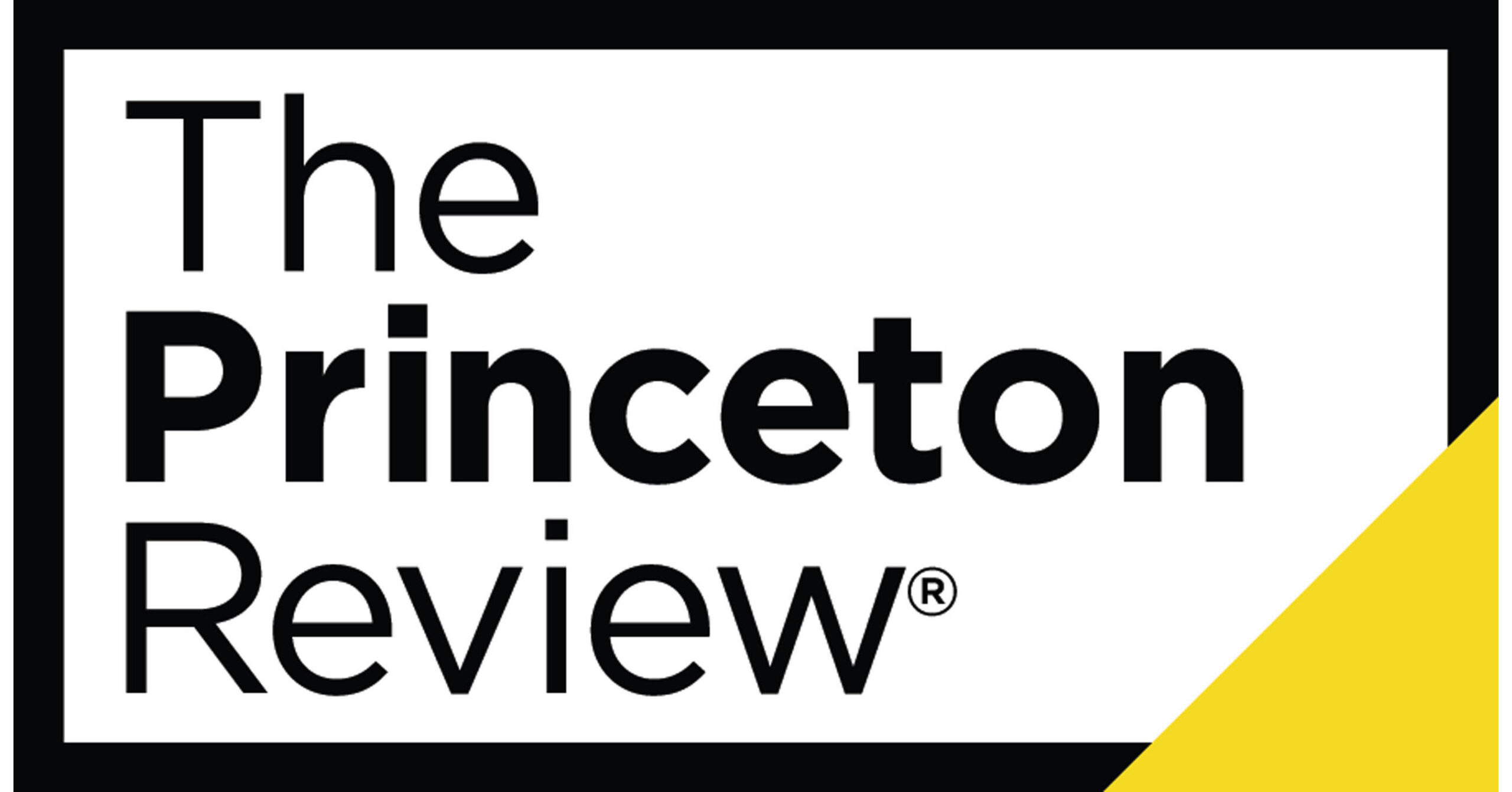According to The Princeton Review®, the University of Rochester is one of the nation’s most environmentally responsible colleges. The education services company features Rochester as one of the 455 Green Colleges in the The Princeton Review Guide to Green Colleges: 2023 Edition, published October 25, 2022.
The Princeton Review chose the schools in the guide based on its survey of administrators at 713 colleges during the 2021-22 academic year and surveys of students attending the colleges. The company editors analyzed more than 25 survey data points to select the 455 schools chosen for the guide.
“We strongly recommend the University of Rochester to the increasing number of students who care about the environment and want their ‘best-fit’ college to also ideally be a green one,” said Rob Franek, The Princeton Review’s Editor-in-Chief. “The University of Rochester demonstrates an exemplary commitment to sustainability and to green practices—and it offers excellent academic programs.”
Franek noted that The Princeton Review has seen an increasing level of interest among students in attending green colleges. Of the more than 10,000 college applicants the company polled for its 2022 College Hopes & Worries Survey, 77% said having information about a college’s commitment to the environment would affect their decision to apply to or attend a school.
The school profiles in The Princeton Review Guide to Green Colleges report on the colleges’ uses of renewable energy, their recycling and conservation programs, the availability of environmental studies in their academic offerings, and their career guidance for green jobs. The profiles also include information on the schools’ admission requirements, cost, and financial aid.
How Schools Were Chosen for the Guide
The Princeton Review chose the 455 colleges based on its 2021–22 survey of administrators at 713 colleges concerning their institutions’ sustainability-related policies, practices, and programs. The company’s editors analyzed more than 25 data points from the survey to tally Green Rating scores for the schools on a scale of 60 to 99. Colleges that earned a Green Rating score of 80 or higher were chosen for the Guide to Green Colleges. Of the 455 schools selected for the 2023 edition, 422 are in the U.S., 26 are in Canada, two are in Taiwan and one (each) is in Ecuador, Egypt, Greece, Ireland, Mexico, and Morocco.
Thirty-one of the 455 schools in the guide earned a Green Rating score of 99 (the highest possible score). They are listed in The Princeton Review’s Green Honor Roll (reported August 2022). The Princeton Review’s Green Rating scores of colleges appear in the profiles of the schools on PrincetonReview.com and in profiles in the company’s flagship college guide, The Best 388 Colleges: 2023 Edition (August 2022).
How the Guide’s Top 50 Green Colleges Ranking List Was Tallied
The Princeton Review tallied the top 50 ranking list based on data from its surveys of administrators at the colleges as well as its surveys of students attending the colleges. The methodology factored in ten data points from the administrator survey and three data points from the student survey. Data from the student survey included student assessments of the influence of sustainability issues on their academic and campus experiences; administrator and student support for environmental awareness and conservation efforts; and the visibility and impact of student environmental groups on the campus. Note: The 455 schools in the guide overall are not ranked from 1 to 455, hierarchically. They are listed alphabetically.


Hello, Sam. Thanks for your comment. What used to be known as the American College & University Presidents’ Climate Commitment (ACUPCC) has been reframed and is now managed by Second Nature as the Presidents’ Climate Leadership Commitments. . While the University of Rochester is actually not a signatory, there has been a lot of good work done, primarily from the grassroots level. We have been working on a university-wide sustainability and are looking forward to having that signed by the president soon! This plan is expected to include carbon reduction and neutrality goals. Stay tuned for more details with the release of the plan.
The article discusses the University of Rochester’s inclusion in the Princeton Review Guide to Green Colleges. The author argues that this inclusion is a result of the University’s commitment to sustainability.The author is correct that the University of Rochester’s inclusion in the Princeton Review Guide to Green Colleges is a result of the University’s commitment to sustainability. However, the author fails to mention that the University of Rochester is also a signatory of the American College & University Presidents’ Climate Commitment (ACUPCC). The ACUPCC is a voluntary commitment to climate neutrality by college and university presidents. The University of Rochester’s inclusion in the Princeton Review Guide to Green Colleges is also a result of the University’s commitment to the ACUPCC.Questions for the author:1. What specific initiatives has the University of Rochester undertaken to improve its sustainability?2. What is the University of Rochester’s timeline for reaching climate neutrality?3. How has the University of Rochester’s commitment to sustainability affected its students, faculty, and staff?